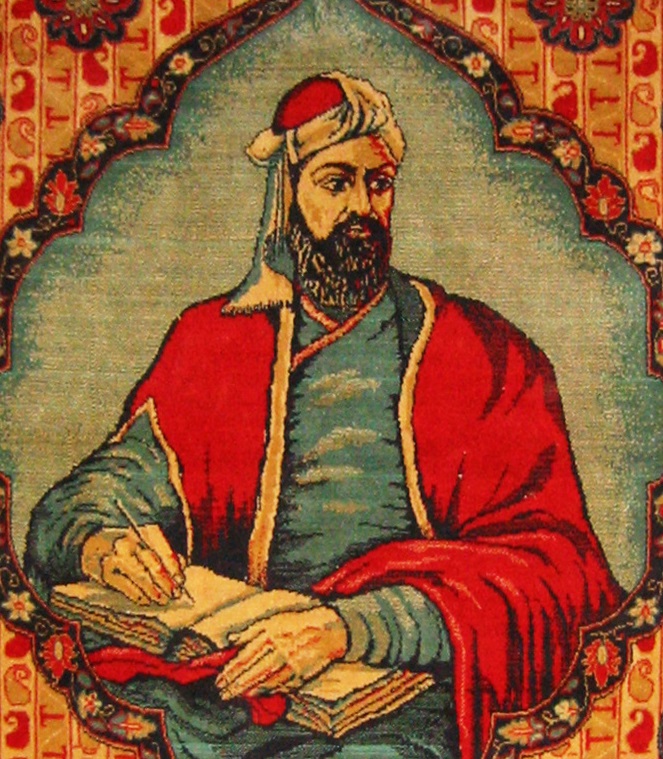The stories of yesterday and today that unite Baku and Budapest
Hungary unveils a statue of the Azerbaijani poet Nizami Ganjavi, an opportunity to resurrect the common roots in the history of the Huns, an ancient people among the most representative of Eurasia. And in the press of the two countries, some articles emphasised how other, much more recent events also link the destinies of Azerbaijanis and Hungarians
Baku (AsiaNews) - The meeting last October 19 at the Hungaricum park in the Hungarian city of Lakitelek sparked a new wave of enthusiasm in reviving the historic relations between Hungary and Azerbaijan.
The occasion was the inauguration of a statue of the great Azerbaijani poet Nizami Ganjavi (1141-1209), in which the vice-president of the Milli Medžlis (Baku parliament) Ali Huseynli, head of the Interparliamentary Group for Azerbaijani-Hungarian Friendship.
At his side were the deputy speaker of the National Assembly of Budapest, Sándor Lejak, the representative of the Ministry of Culture Janos Sentmartony, some members of the Organization of Turanian Countries in Hungary and various local authorities.
Many students and their teachers were brought to the ceremony to drink from a very exclusive source in the European context, the almost mythological descent of the Hungarians from the Huns, which makes them one of the most representative peoples of Eurasia.
Known for the raids of Attila the "scourge of God" in the mid-5th century against the Western Roman Empire, the Huns descend from nomadic tribes of Asia, who say they were also Mongols who also dominated China (the Xiongnu), some Turanians from southern Siberia.
Certainly at the beginning of the Christian era they were pushed westward, first occupying the territories between the Volga and the Caspian Sea, the area between present-day Azerbaijan and Kazakhstan, and then becoming invaders of Europe.
In addition to the historical roots, many other more recent events link the destinies of the Azeris and Magyars, as has been recalled by speeches and articles in the press of the two countries in recent days.
October 23 was the anniversary of the anti-Soviet Hungarian revolution of 1956, a truly bloody war for independence, which inevitably arouses comparisons with the events of recent days in Ukraine, Nagorno Karabakh and Palestine. Soviet troops invaded Hungary for three weeks, until November 11, with more than thirty thousand soldiers, 1130 tanks and more modern weapons than previous world wars, leaving over three thousand Hungarian victims on the field and a large number of seriously wounded.
One aspect that unites the events of 67 years ago with those of today is the ignorance of the Russian fighters (Asian, Caucasian and others), who did not know then where they had sent them; many thought they were in East Germany, that they would reach Berlin and drive out the hated Americans.
Indeed, the Hungarian events were decisive for the construction of the Berlin Wall, but many soldiers even thought they had ended up around the Suez Canal, another prophetic reminder of today's Middle Eastern conflicts. When troops were gathered on the borders of Ukraine last February and then invaded, many soldiers thought they were on an exercise, perhaps in Belarus or the Caucasus.
The confusion of the front lines and objectives is a factor that is repeated even in the internet age, and the Russian dezinformatsija, the fake news war which proclaimed the war in Ukraine as "liberation from Nazism", reporting the calendars back seventy years.
Then as now, the UN and the major international bodies are unable to protect defenseless citizens from the horrors of invasions and senseless wars; in 1956 every decision of the Glass Palace was blocked by vetoes from Moscow, against "interference in the internal affairs of Hungary".
Azerbaijan's ambassador to Hungary, Tair Tagizade, intervened to support the strengthening of the strategic partnership between the two countries, not only due to the common roots and friendly relations between the leaders, but above all to deal with "security threats ” and for the needs of “energy collaboration”.
These aims were reiterated in Ilham Aliev's messages to Viktor Orban, which recommended creating a "bridge between the Turanian Union and the European Union".







.png)










